July 31 - September 19, 2015 Profile Foundation, Franciszkańska 6, Warsaw
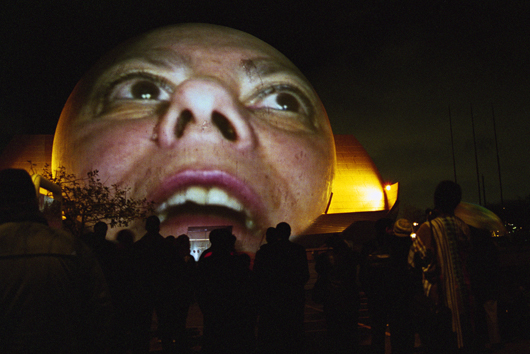
Dedicated to the memory of an outstanding art historian and critic, the exhibition honours Piotr Piotrowski’s role as a researcher of contemporary art, involved in shaping the vision and role of visual culture in the present. The exhibition was largely initiated by artists whom Piotr Piotrowski worked with, whether as a researcher or curator, besides contributing to the contemporary art historical discourse through his curatorial projects. Jarosław Kozłowski, Zofia Kulik, Zbigniew Libera and Krzysztof Wodiczko, outstanding contemporary artists, occupied a central place in Piotr Piotrowski’s art historical reflection. A supporter of critical art, an art involved in the public debate, he frequently stressed their role and significance in his writings on contemporary art. He curated their exhibitions and wrote essays about their art, published in books and catalogues in Poland and abroad. Combining the academic and museological perspectives in his practice, he situated their work and attitudes within the field of artistic experiences decisive for the position of Polish contemporary art.
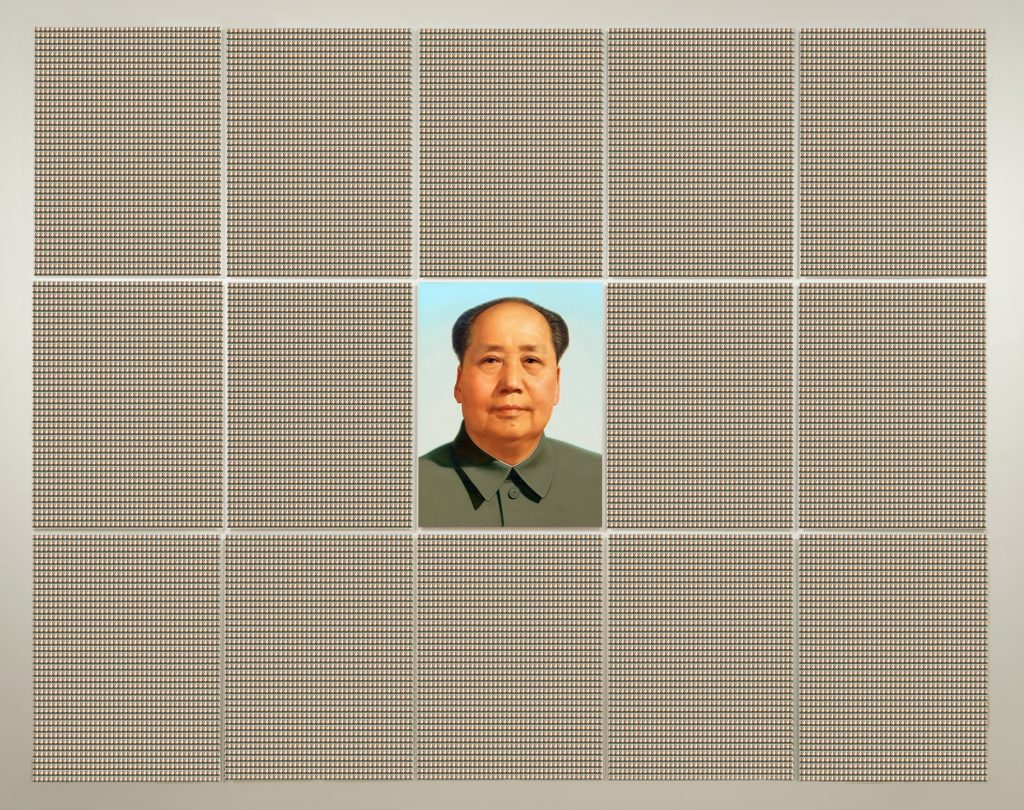
The exhibition features works that were the subject of Piotr Piotrowski’s essays as well as a reference for his art historical research, his vision of art history, of artistic topography and its significance for Poland’s and Eastern Europe’s cultural experience.
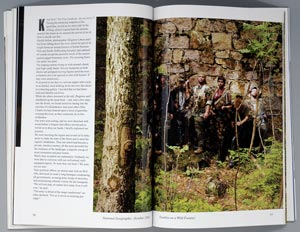
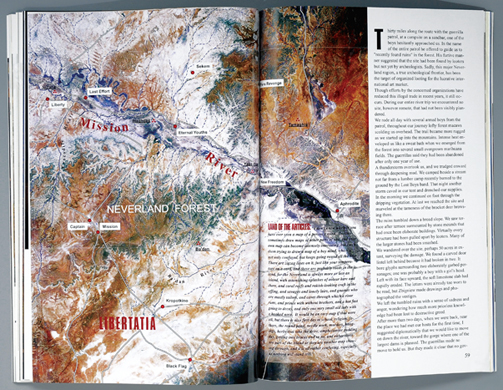
Zbigniew Libera, from the series The Gay, Innocent and Heartelss, 2008, photograph, 77,5 x 60 cm.
Art According to Politics was an essay by Piotr Piotrowski, published in 1999 in the catalogue of the exhibition Art Negotiators. Towards Reality, in which he analysed the practices of the four artists dedicating the present show to him. It also lent its title to a collection of essays about 20th-century Polish art, published in 2007. In the introduction to the latter volume, Piotrowski wrote:
By its very nature, art as a public activity is political in the wide sense of the word, for public space is defined by politics, politics construed as a conflict between the government and the citizen, between various factions of power, as well as between groups of citizens distinguished by gender, social background, economic interests or ideological beliefs, a conflict between emancipatory tendencies and those seeking to preserve the social, cultural and political status quo. This space is the agon, an area of the competition of groups and individuals, of various agents discussing, sometimes critically and sometimes apologetically, all kinds of subjects, including the most important ones: freedom and democracy.
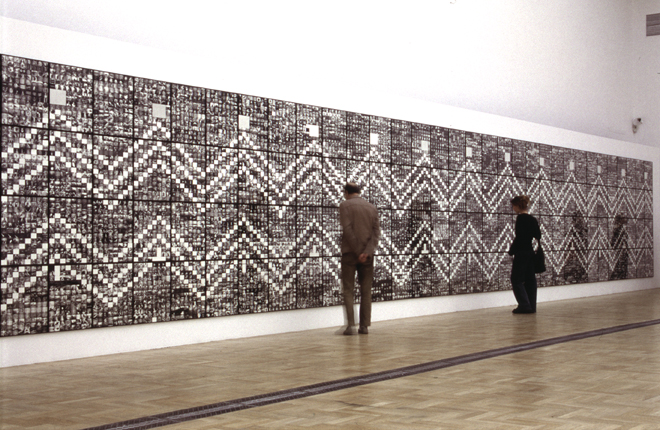
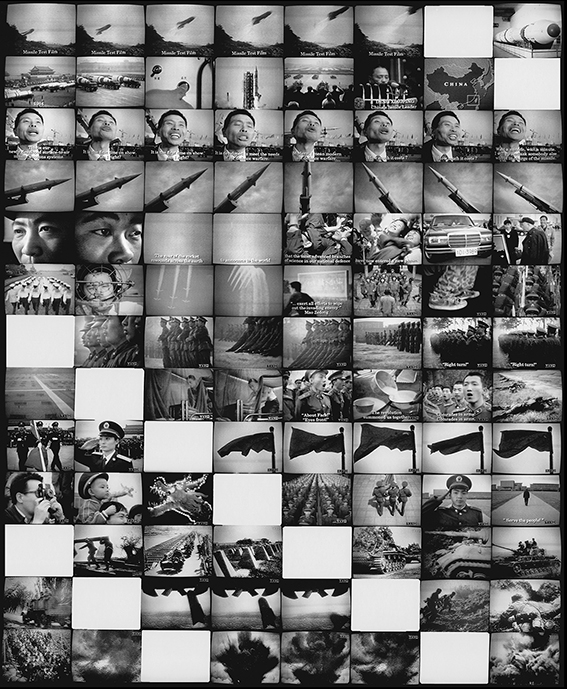
An archive with a collection of books, catalogues, texts, lectures and interviews with Piotr Piotrowski is presented as part of the show.
Exhibition curator: Bożena Czubak
Piotr Piotrowski (1952-2015) was an art historian and curator, Professor of Humanities (2000), Chair of Modern Art History at the Adam Mickiewicz University in Poznań (1996 –2009), Director of the National Museum in Warsaw (2009–2010). Visiting Professor at the Center for Curatorial Studies at Bard College, Annandale-on-Hudson (2001), Central European University in Budapest (2002), Hebrew University in Jerusalem (2003), Humboldt University in Berlin, Fellow of the Center for Advanced Study in the Visual Arts (Washington), Columbia University (New York) and The Institute for Advanced Study (Princeton). Laureate of the first edition of the Jerzy Stajuda Award (1993), first recipient of the Igor Zabel Award for contributions to the study of Central European artistic culture. His main area of research was the socio-political history of 20th-century art, with a focus on Central and Eastern Europe. Author of some 300 essays published In Europe and the United States and of a dozen books, e.g. In the Shadow of Yalta: Art and the Avantgarde in Eastern Europe, 1945–1989 (London: Reaktion Books Ltd., 2009).
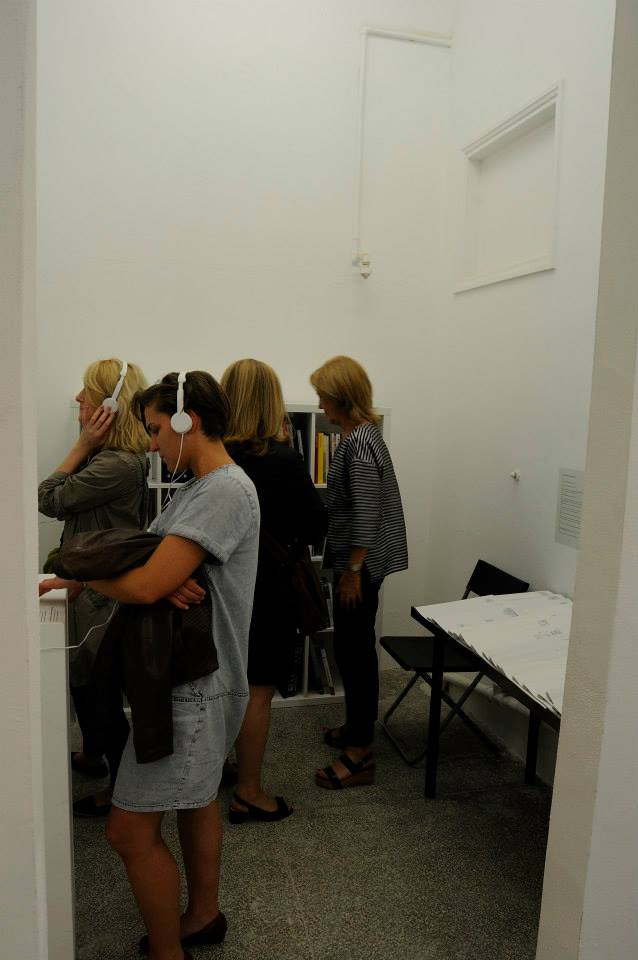
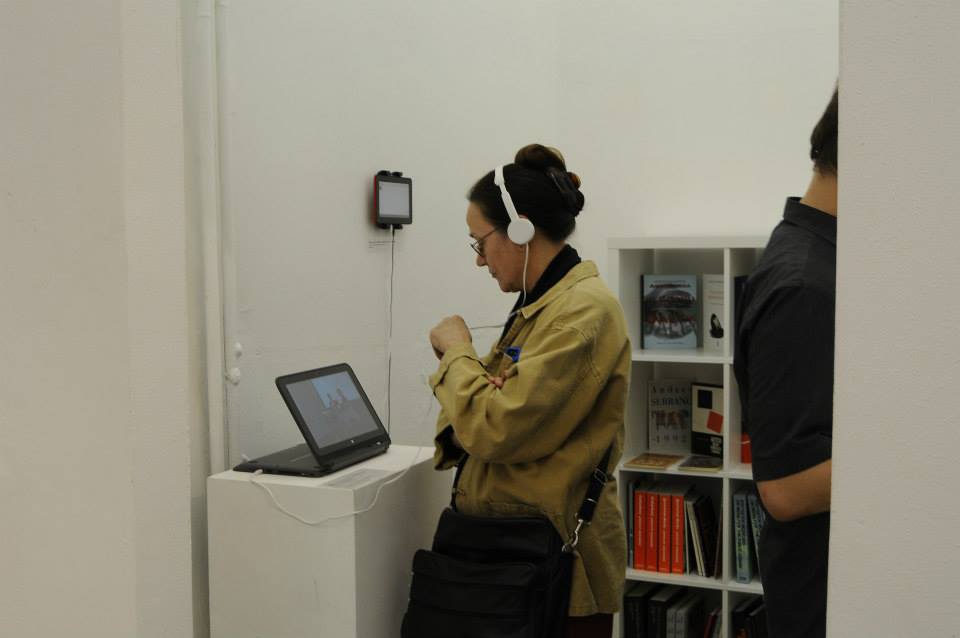

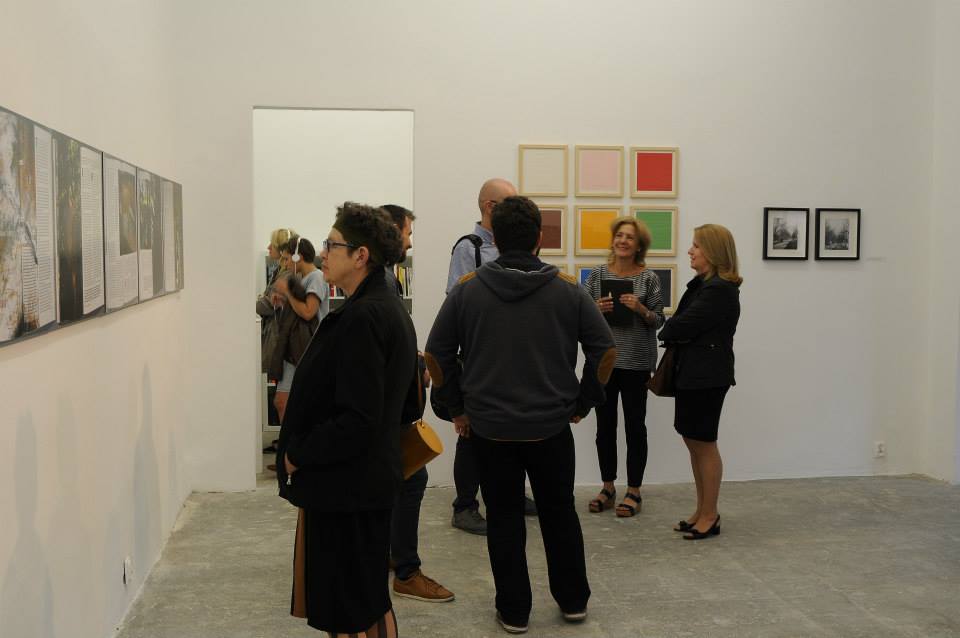


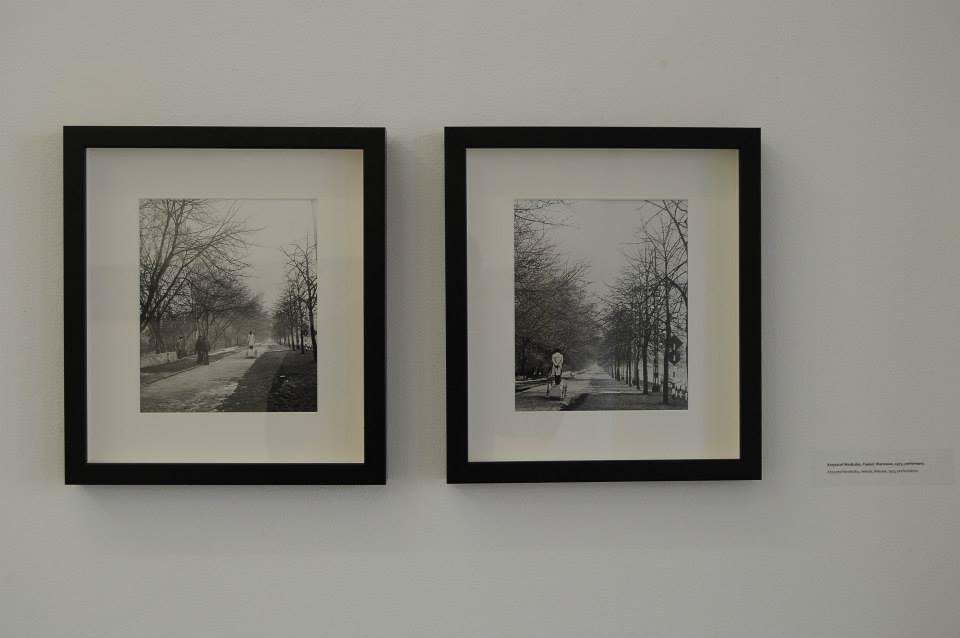



ORGANIZED BY
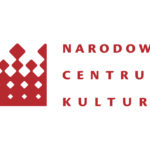
MEDIA PATRONAGE


